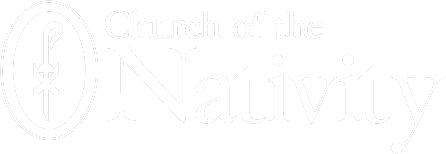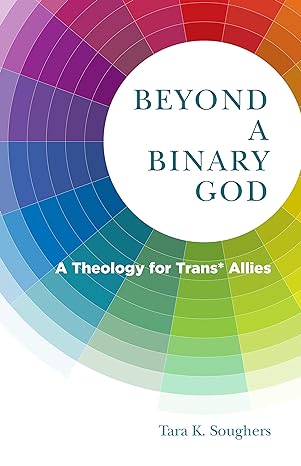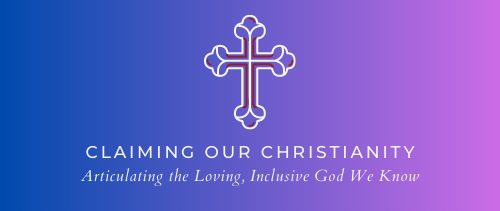Following the success of last year’s Episcopal 101 offering, we are holding a similar Q&A series this Lent, where you can ask all of your lingering questions regarding being an Episcopalian, our church practice, etc. To ask a question, fill out this Google Form, and you will receive a response via a blog post or short video.
This week’s answer comes from Jeremy Clos, Lay Associate for Christian Formation.
Why do we sometimes drop the filioque from the Creed?
The Episcopal Church offers several forms for the celebration of the Holy Eucharist. At Nativity, we predominantly use the four forms for Rite II found within The Book of Common Prayer. Additionally, there are four “contemporary” language options in the supplemental materials called Enriching Our Worship, which are also authorized liturgies for Episcopal worship. While all versions in The Book of Common Prayer include a version of the Nicene Creed containing the filioque (or the phrase “and the Son” when describing the Holy Spirit), the forms for Holy Eucharist in Enriching Our Worship include a version of the Nicene Creed that omits the filioque. We used one of these forms from September through November last fall.
It might be surprising to learn that the clause “and the Son” was not present in the original form of the Nicene Creed, established at the First Council of Nicaea in 325 AD and further clarified at the First Council of Constantinople in 381 AD. The original Nicene Creed affirmed that the Holy Spirit proceeds from the Father (in Greek, “ek tou Patros ekporeuomenon”). However, in the Latin-speaking West, particularly in the Frankish territories, the phrase “and the Son” was later added to the Creed to combat Arianism (which challenged the full divinity of Christ) and to emphasize the full deity of all three persons within the Holy Trinity. While the filioque clause became widely accepted in the Western Church, the Eastern Orthodox Church did not accept this addition, maintaining the original form of the Creed as affirmed by the ecumenical councils.
The filioque controversy significantly contributed to the gradual estrangement between the Eastern and Western Churches, leading to the Great Schism of 1054, which resulted in the formal division between the Eastern Orthodox Church and the Roman Catholic Church. The controversy remains a point of contention and theological dialogue between the two traditions today, as efforts continue toward ecumenical reconciliation and understanding.
In the Episcopal Church, the decision to offer an authorized version of the Nicene Creed without the filioque clause reflects a commitment to ecumenical dialogue and understanding with Eastern Orthodox and other Christian traditions. By sometimes using the Nicene Creed without the filioque, The Episcopal Church seeks to promote unity and respect for diverse theological perspectives within the broader Christian community.





